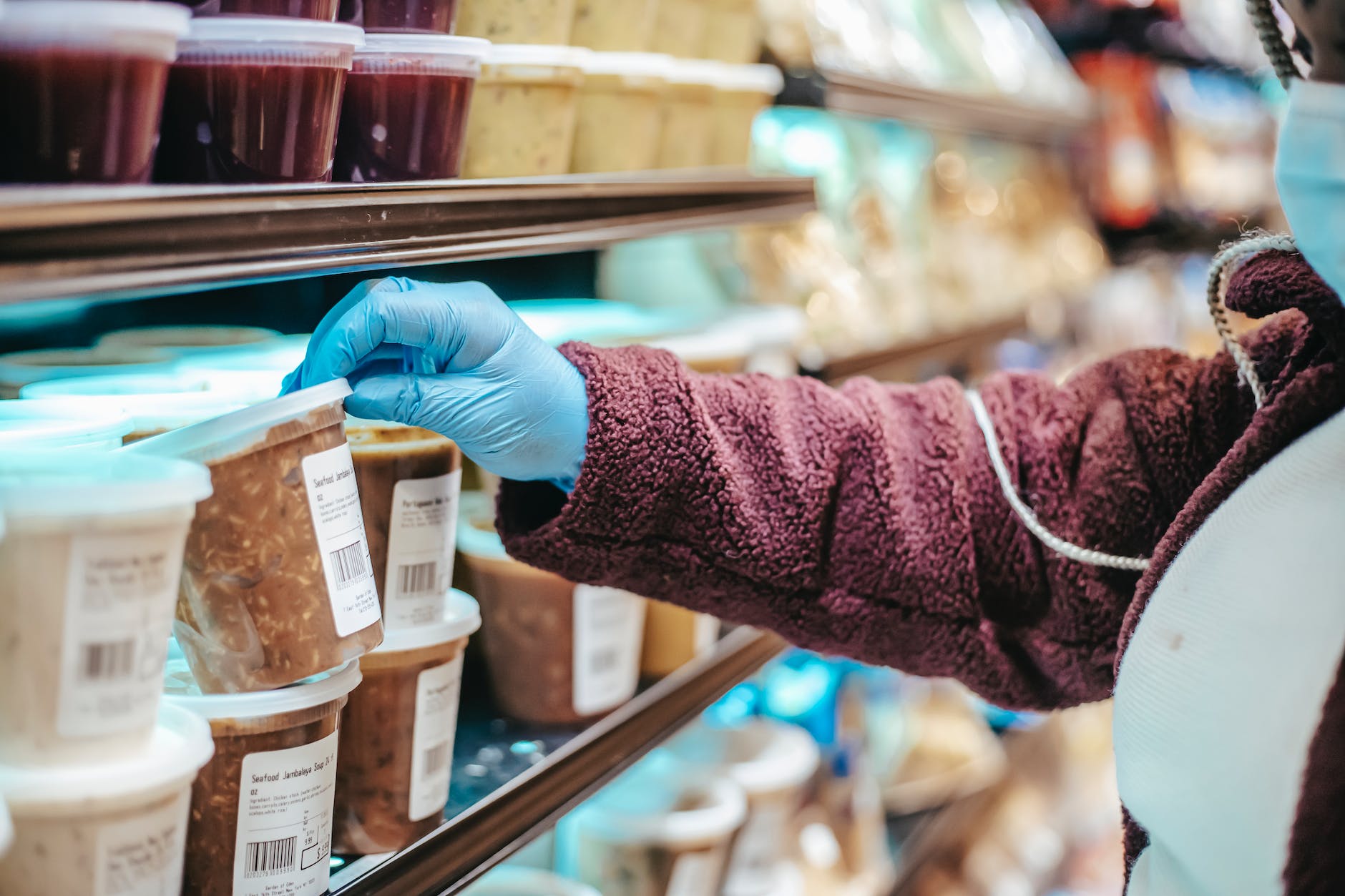
Introduction
Becoming a food safety officer is an exciting and rewarding career path for individuals passionate about ensuring the safety and quality of the food supply chain. Food safety officers play a critical role in preventing foodborne illnesses, ensuring compliance with food safety regulations, and safeguarding public health. This article will guide you through the steps to become a food safety officer, from educational requirements and relevant skills to job responsibilities and advancement opportunities.
Understanding the Role of a Food Safety Officer
As a food safety officer, your primary responsibility is to enforce food safety regulations and standards to ensure that food products are safe for consumption. You will be inspecting food processing facilities, restaurants, and other establishments involved in food production and distribution. Additionally, you will be responsible for investigating food-related complaints, conducting audits, and recommending necessary corrective actions to maintain compliance.
Educational Requirements for Food Safety Officers
To become a food safety officer, you typically need a relevant bachelor’s degree in food science, food technology, nutrition, or a related field. Some positions may require a master’s degree, especially for senior or specialized roles. It is essential to choose an accredited program that covers key topics such as food microbiology, food safety management systems, and food laws and regulations.
Gaining Relevant Experience
While education lays the foundation, gaining practical experience is equally important. Many aspiring food safety officers start their careers as food inspectors, quality control technicians, or lab assistants. Internships and volunteer opportunities with local health departments or food safety organizations can also provide valuable hands-on experience.
Developing Key Skills
Being a successful food safety officer requires a diverse set of skills. Attention to detail is paramount, as you’ll need to spot potential hazards and compliance issues. Strong communication skills are essential for conveying findings to stakeholders and writing clear and concise reports. Additionally, problem-solving, critical thinking, and the ability to work under pressure are valuable attributes in this role.
Certifications and Training
To enhance your credentials and marketability, consider obtaining certifications from reputable organizations such as the National Environmental Health Association (NEHA) or the International HACCP (Hazard Analysis and Critical Control Points) Alliance. These certifications validate your expertise in specific areas of food safety and demonstrate your commitment to professional development.
Job Responsibilities of a Food Safety Officer
As a food safety officer, your daily tasks may include conducting inspections, collecting samples for lab analysis, reviewing food safety plans, educating food handlers about best practices, and ensuring compliance with food labeling regulations. Your work contributes significantly to preventing foodborne illnesses and protecting public health.
Navigating the Job Market
The demand for food safety officers is steadily increasing due to growing concerns about food safety and consumer awareness. You can explore job opportunities with government agencies, food manufacturers, restaurants, supermarkets, and third-party food safety auditing firms. Networking with industry professionals and joining relevant associations can also help you discover job openings.
Advancement Opportunities
With experience and continued professional development, you can advance your career in various ways. Some food safety officers transition into management roles, overseeing a team of inspectors or becoming food safety consultants. Others may specialize in certain industries, such as food packaging or food import/export regulations.
Challenges and Rewards of Being a Food Safety Officer
Working as a food safety officer comes with its share of challenges, such as encountering non-compliant establishments and dealing with resistance to change. However, the satisfaction of knowing that your efforts protect the public from foodborne illnesses and ensure the integrity of the food supply is immensely rewarding.
Conclusion
Becoming a food safety officer is a fulfilling journey that requires dedication, education, and experience. By pursuing a relevant degree, gaining practical experience, and developing key skills, you can embark on a rewarding career path that contributes to the overall well-being of society.
FAQs
- What qualifications do I need to become a food safety officer? To become a food safety officer, you typically need a bachelor’s degree in food science, food technology, nutrition, or a related field.
- Are there any certifications required for food safety officers? While not always mandatory, certifications from organizations like NEHA or the International HACCP Alliance can enhance your credentials.
- What industries hire food safety officers? Food safety officers can find job opportunities in government agencies, food manufacturers, restaurants, supermarkets, and auditing firms.
- What are the primary job responsibilities of a food safety officer? Food safety officers inspect food establishments, collect samples, review safety plans, educate food handlers, and ensure compliance with regulations.
- What are the challenges of being a food safety officer? Food safety officers may face challenges like encountering non-compliant establishments and resistance to implementing necessary changes.
























